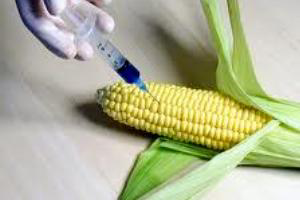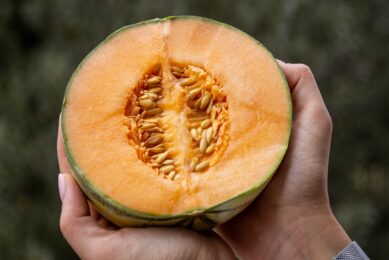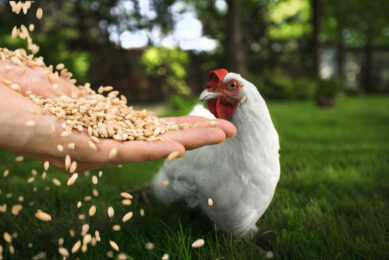Russia bans the import of genetically modified maize

Federal Service on Surveillance for Consumer rights protection and human well-being (Rospotrebnadzor) has temporarily suspended the import into Russia of genetically modified maize NK603 after reports in the media about the maize’s negative impact on the health of laboratory rats.
“The reason behind this decision is an article published in the journal ‘Food and Chemical Toxicology’, which showed the results of a long-term toxicological study conducted by a group of scientists from Italy and France on the genetically modified maize NK603 and its resistance to the herbicide “Roundup”. The article presents results showing a negative impact on the health of rats of the GMO-maize,” the agency said.
Importation and redistribution of maize NK603 in Russia has been suspended until Rospotrebnadzor has more information on the subject. The office has sent a request questioning the European scientists’ conclusions to the Russian Research Institute of Nutrition. A formal letter has been also been sent to the head of the Directorate General for Health and Consumer Protection Commission, asking for a comment on the situation and to present the EU’s position on the issue.
The positive image of GMO
Interestingly, earlier this year the head of the department of health surveillance food hygiene of Rospotrebnadzor, Gennady Ivanov, announced his intention to create a positive image of GM-products in Russia. According to him, the government should improve the system of safety assessment of GMOs, upgrade control over the circulation of such products in the country, as well as build a positive image of genetically modified food in the community.
Rospotrebnadzor also recently put forth an opinion that certifying GMO crops could directly or indirectly contribute to better health for consumers.
From 2004 to 2010 Rospotrebnadzor registered 67 sorts of genetically modified products in the Customs Union, and another 44 products in the last three years.











